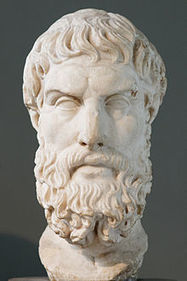Veröffentlicht am Donnerstag, 7. Juli 2016 um 19:13
(mig) - Ab der Rentrée 2016/17 ersetzt das neue Fach "Leben und Gesellschaft" den jetzigen Religions- und Moralunterricht im Secondaire. Im Fondamental wird das Fach erst 2017/18 eingeführt. Der Gesetzentwurf wurde am Donnerstag im Parlament mit den Stimmen der Mehrheitsparteien (32) und 28 Nein-Stimmen verabschiedet.
"Vie et société" ist ein Pflichtfach, bei dem sowohl weltanschauliche, philosophische als auch religiöse Sichtweisen auf neutrale Art behandelt werden sollen. Im Zentrum stehen sechs Lernfelder rund um den Zusammenhalt in einer multikulturellen Gesellschaft. Aufgabe des Fachs ist es, einen Zugang zur Pluralität an Werten, Kulturen, Weltanschauungen und Religionen zu ermöglichen und die jungen Menschen zu einer konstruktiven und kritischen Auseinandersetzung anzuregen.
Learn more / En savoir plus / Mehr erfahren:
http://www.scoop.it/t/luxembourg-europe/?tag=Education



 Your new post is loading...
Your new post is loading...









Learn more / En savoir plus / Mehr erfahren:
http://www.scoop.it/t/luxembourg-europe/?tag=Education